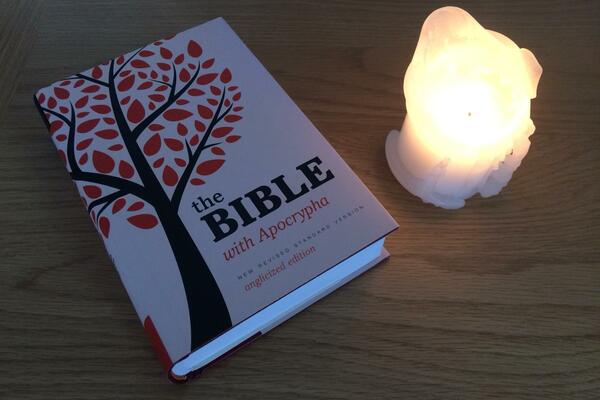Several years ago during Holy Week, something very painful happened to me. A friend, concerned about me being alone, invited me to attend her church that evening for a Maundy Thursday service. As I sat that night amongst a few friends and a great many strangers, I felt both comforted and also alone. Later that evening, as I took a bus home through London, I watched partygoers stumbling out of pubs and felt a huge grief and sadness wash over me. It wasn’t lost on me that Good Friday and Holy Saturday were to follow. That year the Easter story resonated with me deeper than it ever had before.
I distinctly remember allowing myself to lament and allow that ‘Holy Saturday’ feeling within me. The problem was that on Easter Sunday I was still very much in Holy Saturday and remained there for some time. It wasn’t that I wanted to dwell in the feelings of lament, but rather that I wanted to fully allow those feelings in order to integrate my experience of pain, allow it to change me, and then to slowly move forward and heal.
This Holy Week I’ve been thinking once again about the purpose and power of Holy Saturday. It strikes me that we don’t very much like it. We want the Easter rising, the reassurance and the overcoming. We can be reluctant to allow lament as Christians and yet there is much to lament, notably the report published this week by the Government that concluded that there is no institutional racism in the UK, denying the evidence and experience borne out by Black and ethnic minority communities in the UK.
There are the Government’s proposals to attempt to criminalise people seeking sanctuary in the UK, deny their right to protection, and their right to be seen.
There are the deaths of more than 150,000 people in the UK who have lost their lives to COVID-19, a disproportionate number of whom were Black or from ethnic minority communities.
A purpose of lament is to sit with the pain of others – to put ourselves in another person’s shoes – and, I believe, to move us enough that we are changed and that as a result of our changing we will act in solidarity of the suffering of others. There is a lot of work to be done to acknowledge, address and right the wrongs that have been done to people of colour here in the UK and around the world.
This Holy Week let us be brave enough to face Holy Saturday and, when Easter Sunday comes, not forget what we found in that place of lamentation. It can change us. And it surely needs to.





